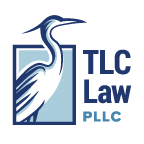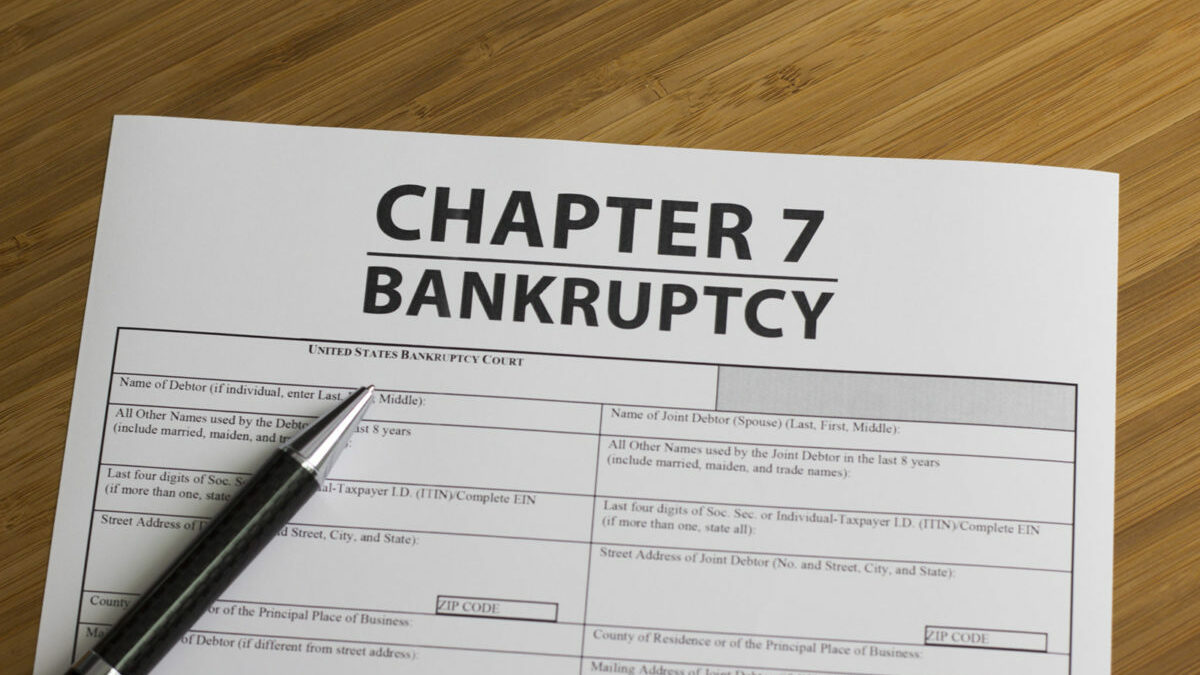You might know that bankruptcy is a federal construct, handled in federal courts and governed by federal law. But you might not realize how much state laws can influence a chapter 7 bankruptcy. State law has a crucial role to play in terms of property; namely, the states have come to various conclusions regarding which property you can exempt from the claims of creditors and which property you cannot.
What is so important about these “exemptions.” Exemptions are pretty powerful. Think of it this way. In a Chapter 7, you have what is called the bankruptcy estate, which includes assets such as: your house, guns, vehicles, computer, cash etc. that you own as of the date of the filing of the bankruptcy petition. Without an exemption all of these things could be surrendered to the government to pay your creditors. Exemptions are your shield protecting certain categories of assets from being surrendered.
Texas allows its debtors to choose between either the federal or the state exemptions. Most states are not so kind. However, a debtor cannot cherry-pick exemptions asset by asset. You choose either the federal exemptions or the state for the bankruptcy as whole.
Texas Chapter 7 Bankruptcy Exemptions
- a homestead exemption for 10 acres in the city and 100 acres elsewhere
- one vehicle per licensed household member
- retirement accounts
- personal property up to a value of $100,000 for a family or $50,000 for a single filer with no family
Personal property includes items such as clothing, animals, two firearms, sporting equipment, jewelry and various other categories of property.
Federal Chapter 7 Bankruptcy Exemptions
- a homestead with an equity value cap at $23,675 for a single debtor or $47,350 for a married filing jointly debtor
- one motor vehicle with a cap equity value of $3,775
- various categories of personal property with a cap equity value of $12,625 total
- retirement accounts
- life insurance policies
- a wildcard exemption allowing you to exempt anything else up to a value of $1,250 and any unused portion of homestead up to $11,850.
While exemptions might seem pretty straightforward, it can be a difficult decision to decide whether to claim an exemption or not. This is especially true with property that is subject to a secured debt; that is property where, if you fail to pay the note, the property can be repossessed/foreclosed. It is important to understand that such secured debt is not discharged. Learn more about what debts can be discharged here.
If you choose to keep the property, you keep the debt that goes with it. It is for this reason that many debtors choose not to take an exemption on certain property, such as their house or car, because the debt attached to that specific property is so substantial that they cannot afford to continue paying it after the bankruptcy concludes.


